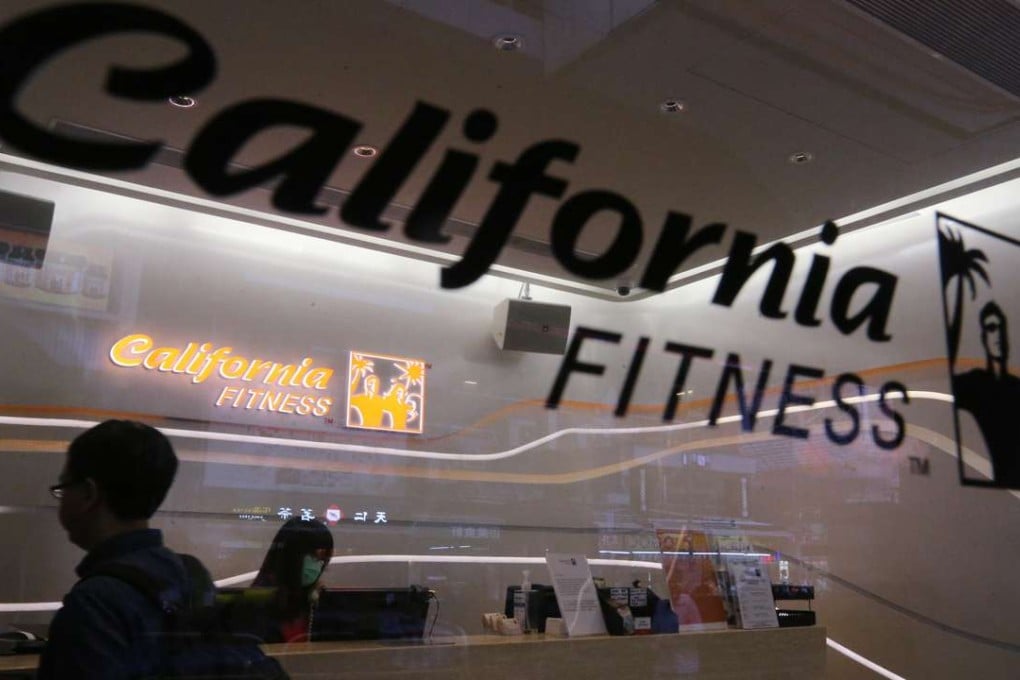The dark side of Hong Kong’s fitness industry
Sales tactics at city’s gyms have come under fire for misleading and intimidating customers

Relentless pressure to meet ambitious sales targets, cutthroat competition between colleagues and staff meetings where under-performers are ridiculed in front of everyone else.
Such is the highly stressful work atmosphere for personal trainers at many of Hong Kong’s top gyms, according to one personal trainer, a former employee of a major gym chain, who described the industry to the Post.
He said it was “a cruel business” and that the pressure to meet sales targets could lead to unscrupulous tactics.
Many trainers work on commission and are expected to sign up a constant stream of new customers to extended and complicated membership contracts.

This dark side of the fitness industry was highlighted last month when the Consumer Council took the drastic step of naming and shaming California Fitness for intimidation and misleading sales practices.
It accused the firm of pressuring new and existing members into signing hefty contracts for memberships and taking up expensive personal trainer classes.